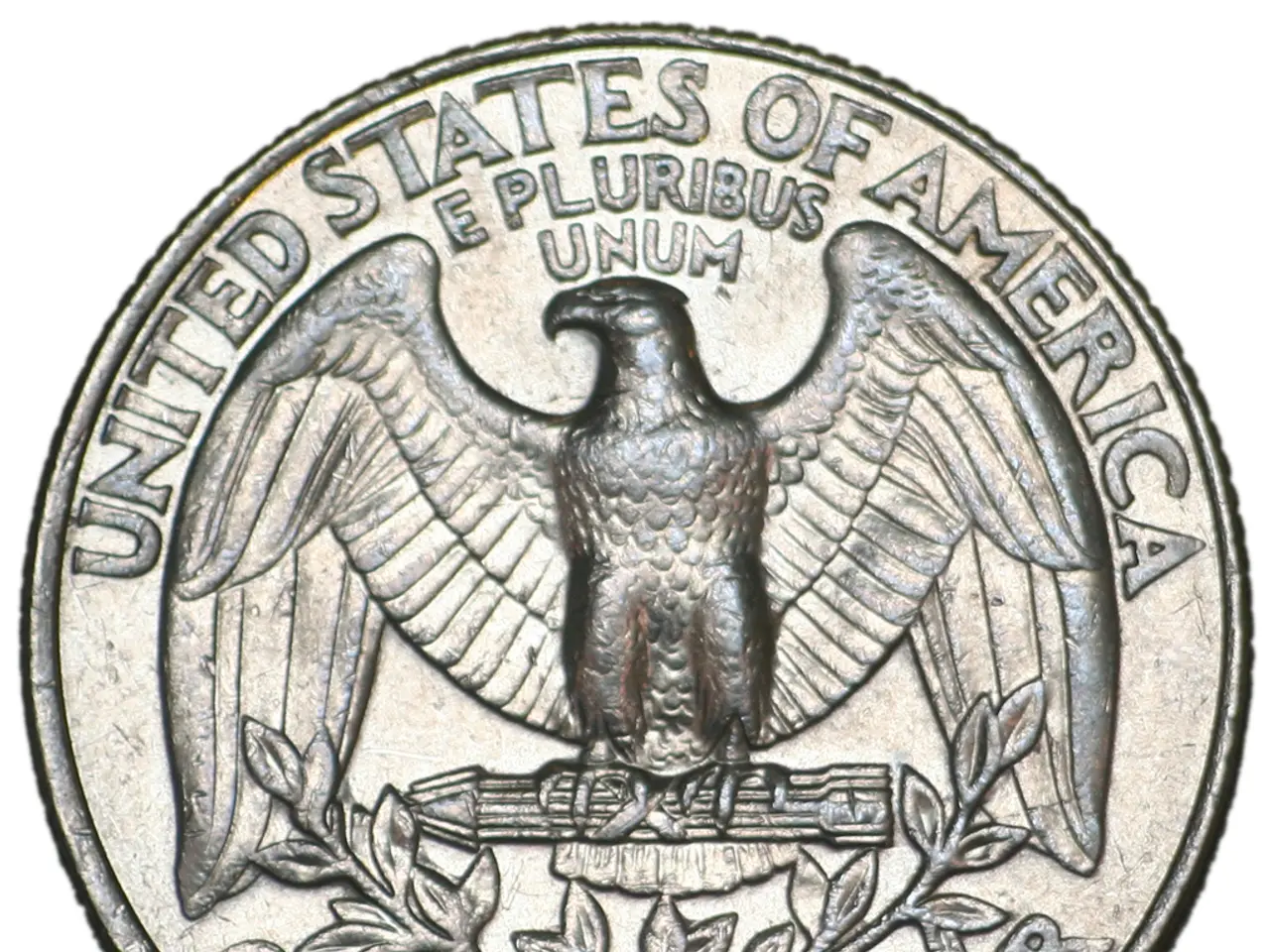PNC Partners with Coinbase for Delivering Digital Cryptocurrency Services
In a significant move towards mainstream crypto adoption, traditional banks like JPMorgan and PNC have entered the digital asset arena with innovative partnerships that leverage the regulatory certainty provided by the recently passed GENIUS Act.
JPMorgan, with its 80 million customers, has announced a strategic partnership with Coinbase. This partnership aims to mainstream crypto adoption by offering direct bank-to-wallet connections, rewards-to-stablecoin conversion, and crypto-backed loans. By 2026, JPMorgan Chase customers will be able to link their bank accounts directly to Coinbase wallets, lowering onboarding friction and facilitating easier crypto transactions. Additionally, Chase Ultimate Rewards points can be converted into USDC stablecoin at a 1:1 ratio, allowing users to monetize loyalty rewards into a widely accepted crypto asset. JPMorgan is also considering product offerings where clients can use Bitcoin and Ethereum holdings as collateral to secure cash loans, enabling liquidity without forcing asset sales.
PNC Bank has similarly partnered with Coinbase, enabling its clients—initially wealth and asset management customers—to trade cryptocurrencies directly within PNC’s digital platforms. This partnership provides a secure and seamless experience embedded in the bank’s infrastructure, removing the need for external wallets or third-party logins. PNC aims to deliver digital asset solutions to its institutional investors, corporate treasurers, and banking clients.
Under the agreement, PNC will provide banking services to Coinbase, enhancing the crypto ecosystem’s banking infrastructure. Brett Tejpaul, Head of Coinbase Institutional, expressed excitement about supporting PNC's entry into the digital asset market. The collaboration between PNC and Coinbase enables secure and streamlined access to digital assets on PNC's trusted platform.
PNC Bank Chairman and CEO William S. Demchak states that partnering with Coinbase accelerates their ability to bring innovative crypto financial solutions to their clients. PNC is also exploring commercial crypto use cases, including treasury functions, payments, and digital asset settlement solutions for business clients.
Meanwhile, Coinbase is currently involved in a legal battle with the Securities and Exchange Commission (SEC) and the Federal Deposit Insurance Corporation (FDIC) regarding regulatory transparency in crypto. The FDIC is refusing to fully comply with Freedom of Information Act (FOIA) requests concerning "pause letters" sent to banks.
Despite these challenges, the GENIUS Act's clear federal framework for stablecoins may be giving traditional banks like PNC and JPMorgan new confidence to enter the crypto arena with clarity on compliance and risk boundaries. Coinbase, with its infrastructure for onchain activity and support for builders who want to build onchain, continues to play a pivotal role in this evolution.
Financial institutions like JPMorgan and PNC, with their vast customer bases, are integrating cryptocurrencies into their business operations by partnering with Coinbase. JPMorgan Chase is offering direct bank-to-wallet connections, converting rewards into stablecoin, and providing crypto-backed loans, while PNC is enabling clients to trade cryptocurrencies within their digital platforms, aiming to deliver digital asset solutions to their institutional investors and corporate treasurers. Both banks are also exploring the use of technology in areas like treasury functions, payments, and digital asset settlement solutions for businesses, with the regulatory certainty provided by the GENIUS Act serving as a crucial factor in their moves towards the crypto sector.




